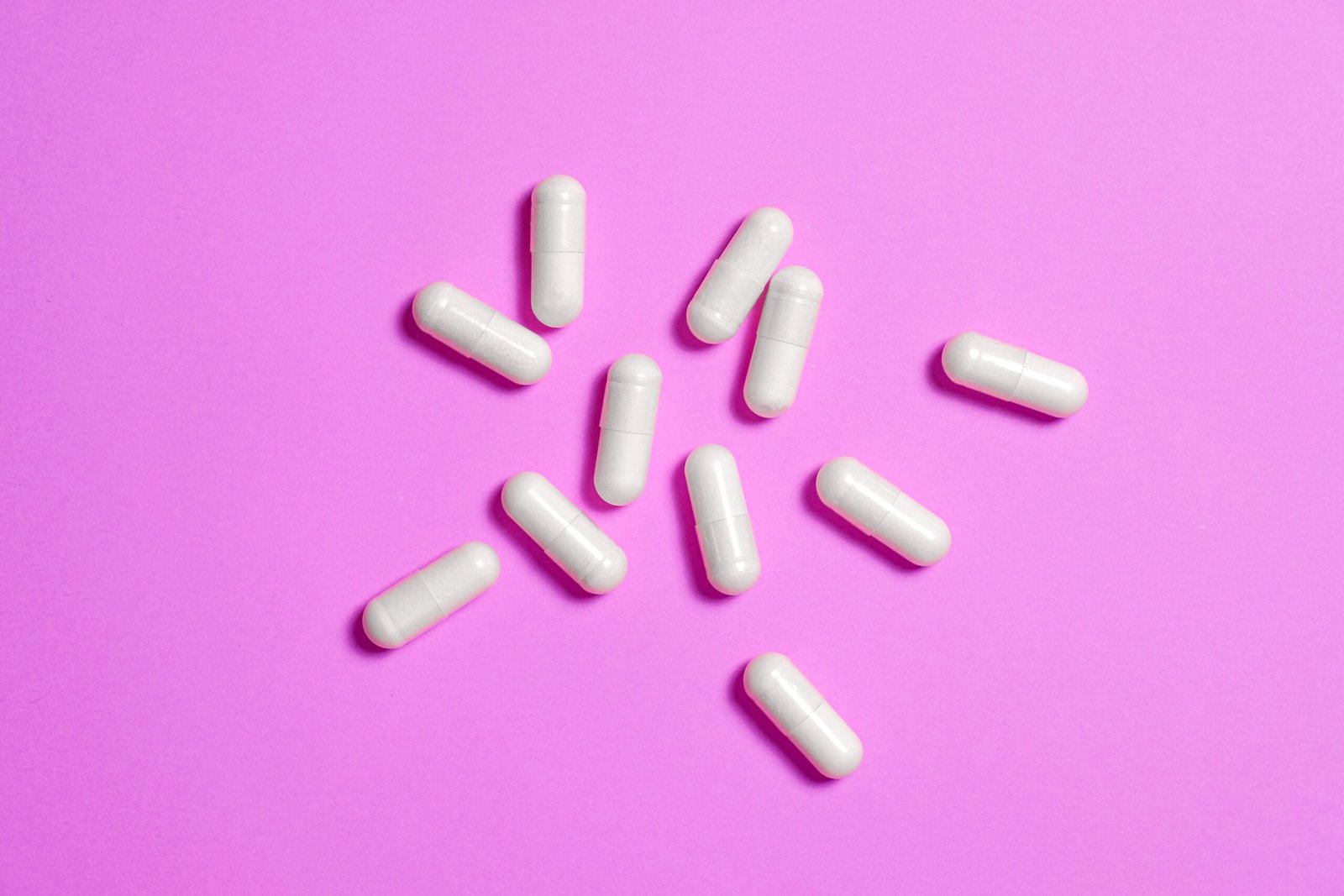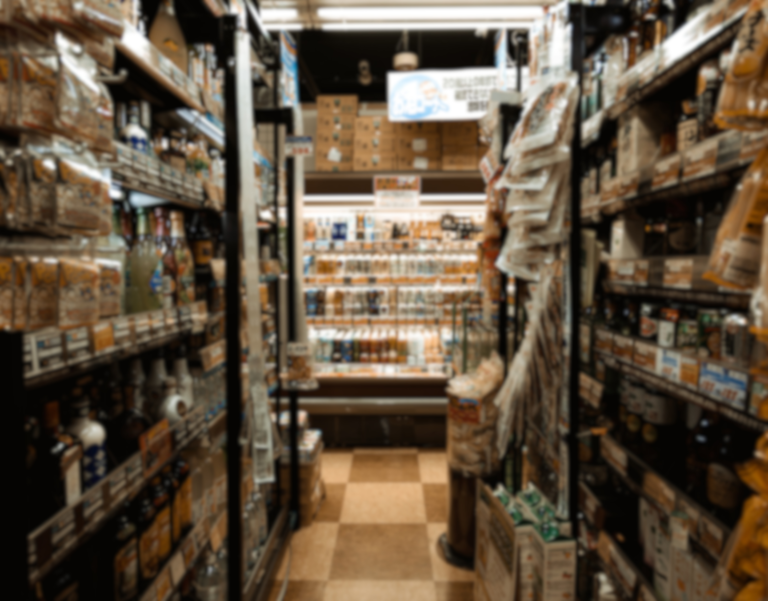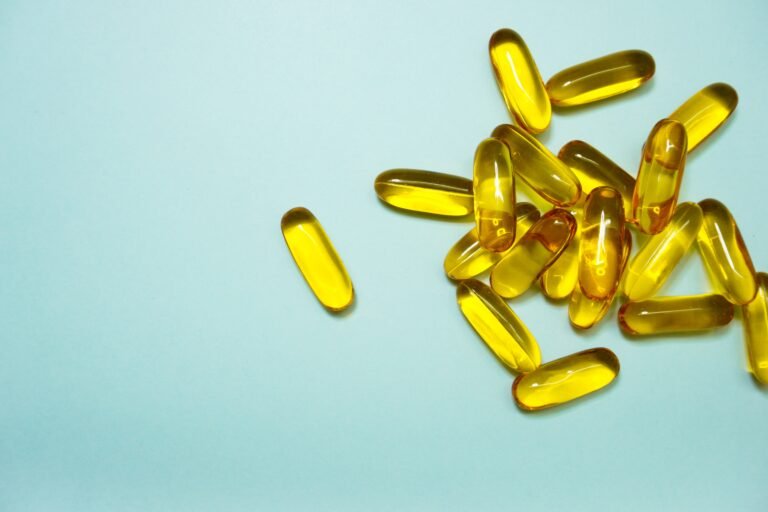Many of us need to take antibiotics at some point in our lives. However, many don’t realize the effect they have on our microbiome and long-term health. So what to do? In the interview, Peter Attia and Colleen Cutcliffe discuss the impact of antibiotics on our microbiome, as well as strategies to recover it by way of probiotics along with a high-fiber diet.
Table of Contents
What Are Antibiotics?
Antibiotics are compounds crafted to inhibit the growth or destroy bacteria, preventing them from causing harm to the body. From penicillin, the pioneer in this pharmacological revolution, to a diverse array of contemporary antibiotics, these medications have saved countless lives and continue to be indispensable tools in medical practice.
However, as effective as antibiotics are in combating infections, their application isn’t without consequences. The microbiome, a complex ecosystem of trillions of microorganisms residing in and on the human body, also falls prey to the indiscriminate effects of antibiotics.
Strategy
The strategy? Double-down on probiotics and aim for a high-fiber diet rich in polyphenols.
…if I were going to go on antibiotics I would probably double-down on the probiotics that I’m taking [along with] really coming in hard and strong with a high-fiber diet. [This] would be your best chance of reconstituting [the] good microbes
What are Probiotics?
Probiotics are live microorganisms, commonly bacteria and yeast, that confer health benefits when consumed in adequate amounts. Found in certain foods and supplements, these friendly bacteria play a crucial role in maintaining a balanced and healthy gut microbiome.
When antibiotics swoop in to combat infections, they don’t discriminate between good and bad bacteria, often disrupting the delicate equilibrium in the digestive system. This disturbance can lead to side effects like digestive discomfort, diarrhea, or yeast infections.
Probiotics act as reinforcements during this microbial upheaval, replenishing the gut with beneficial bacteria. By doing so, they help restore the microbial harmony disrupted by antibiotics, mitigating potential side effects and supporting overall digestive well-being. So, think of probiotics as the trusty sidekicks that come to the rescue, ensuring your gut stays in good shape even when antibiotics are on a mission.
What are polyphenols?
Polyphenols are a diverse group of naturally occurring compounds found in plants that affect various functions of the human body. These bioactive substances, abundant in fruits, vegetables, tea, and red wine, possess antioxidant properties and contribute to the vibrant colors of many plant-based foods.
Polyphenols are believed to act as prebiotics, providing a nourishing environment for beneficial gut bacteria. This promotes the growth of probiotics, fostering a diverse and resilient microbial ecosystem. Additionally, polyphenols exhibit anti-inflammatory properties and may influence the composition of the microbiome, potentially contributing to overall gut health.
Watch the interview here:





